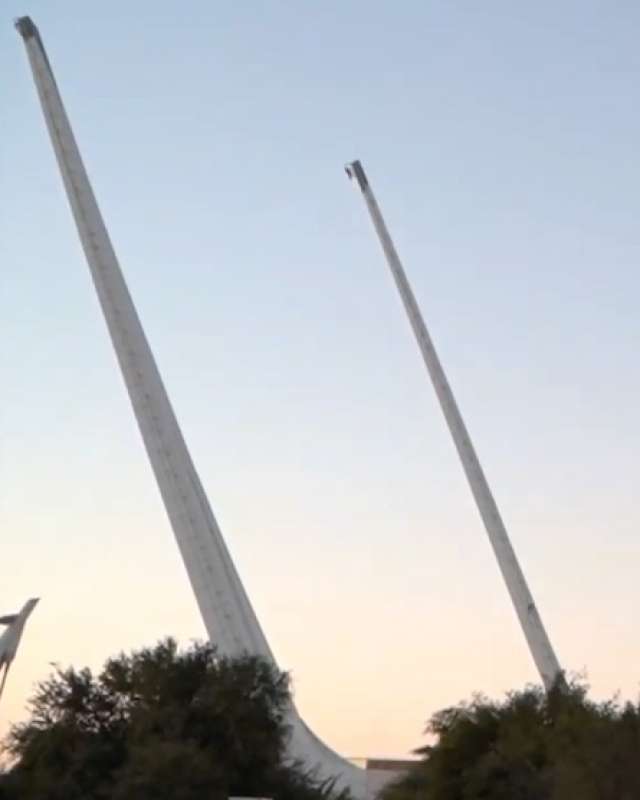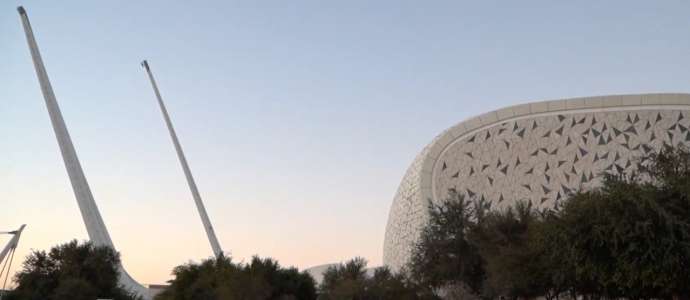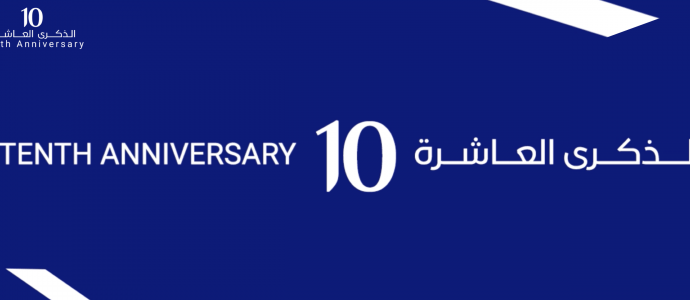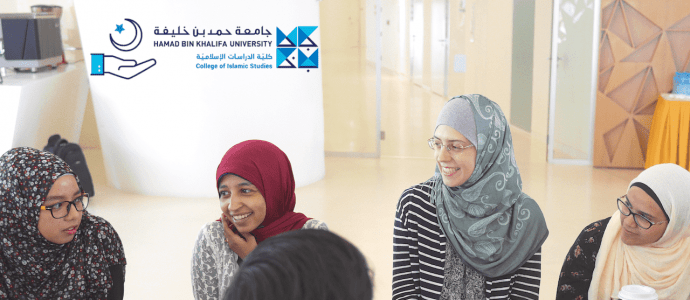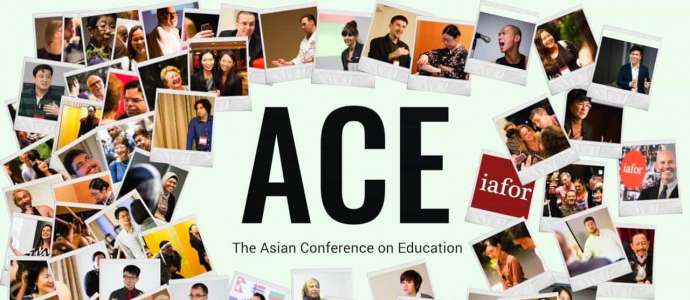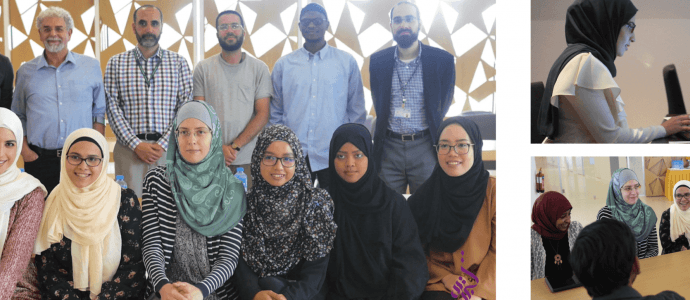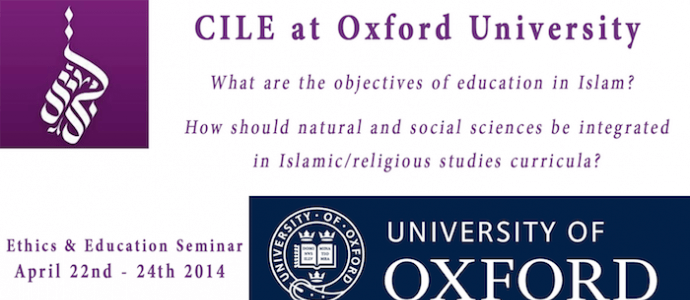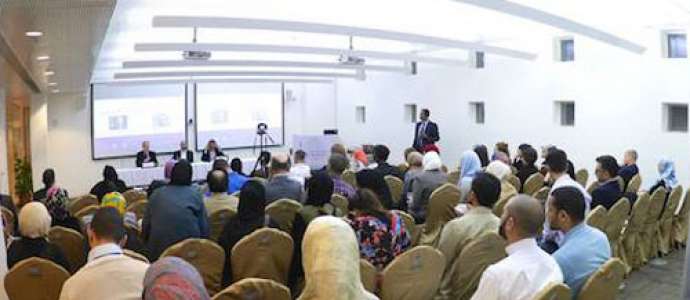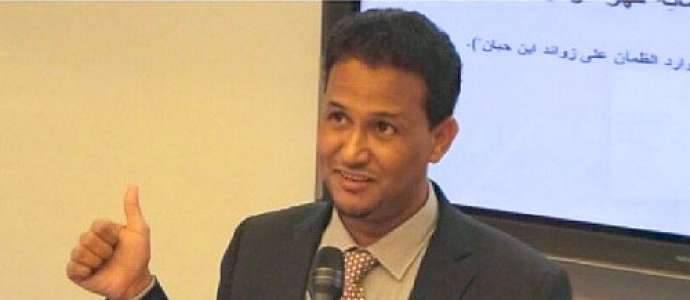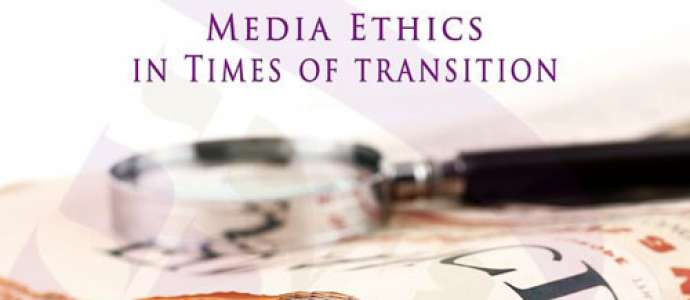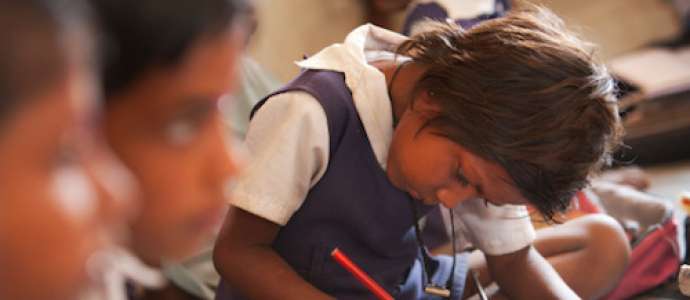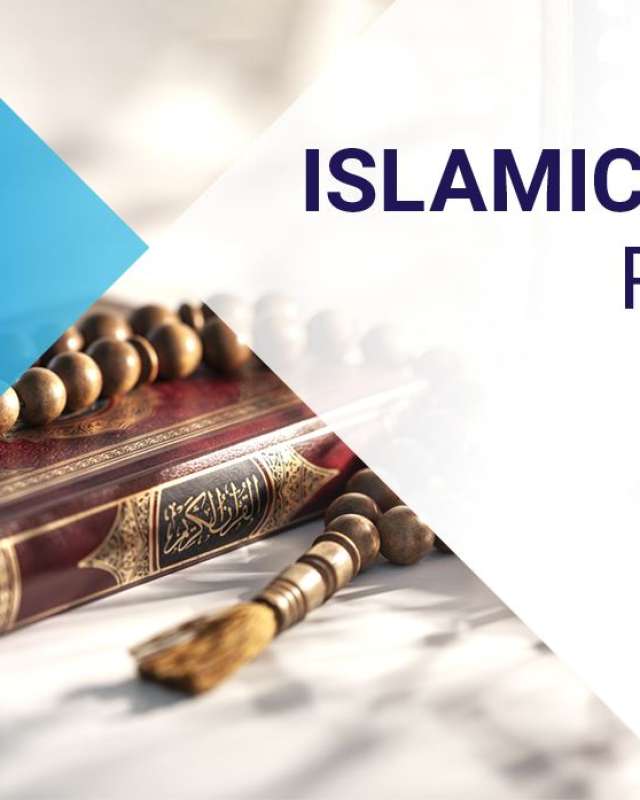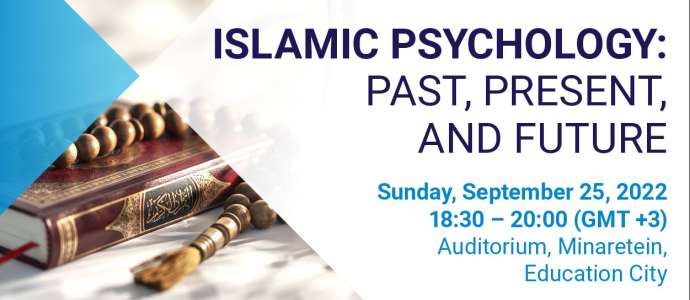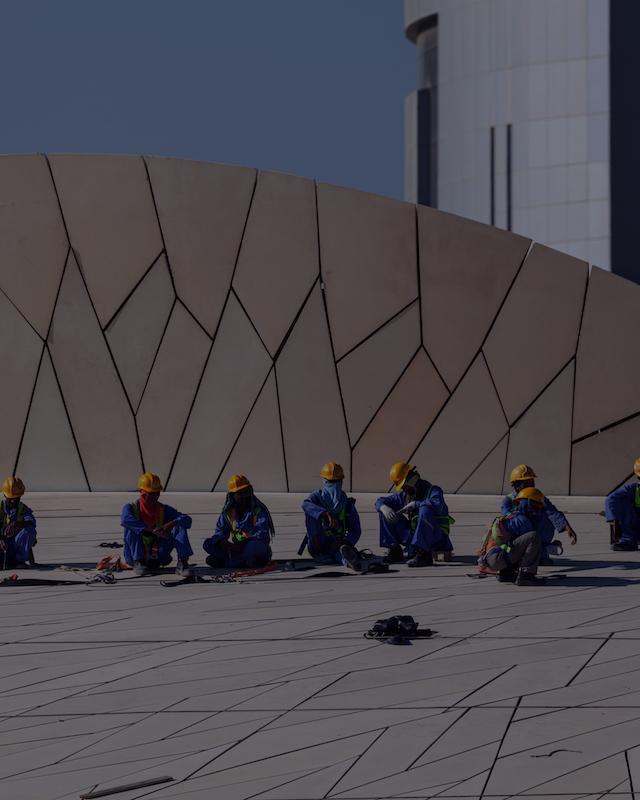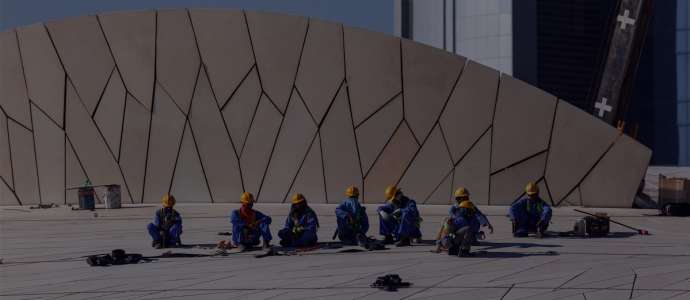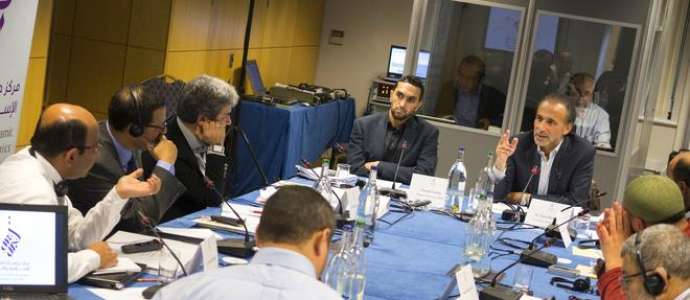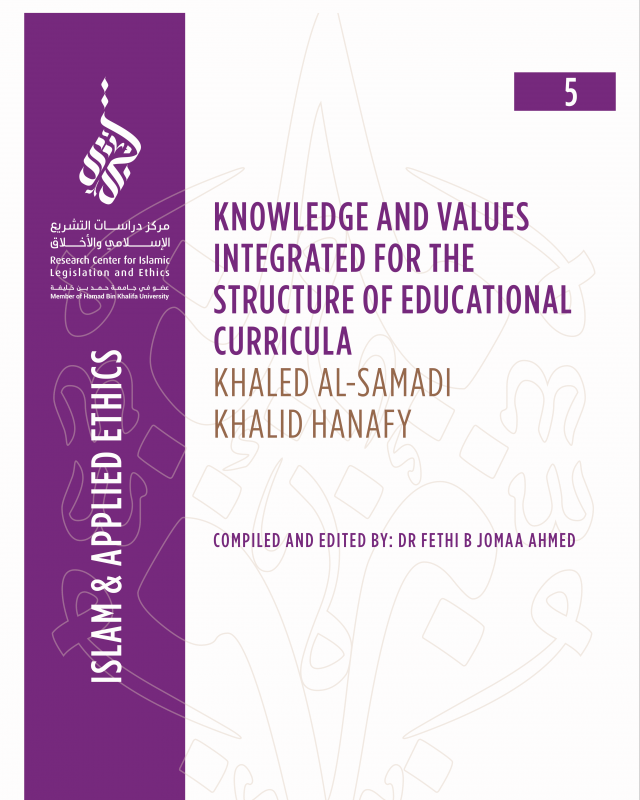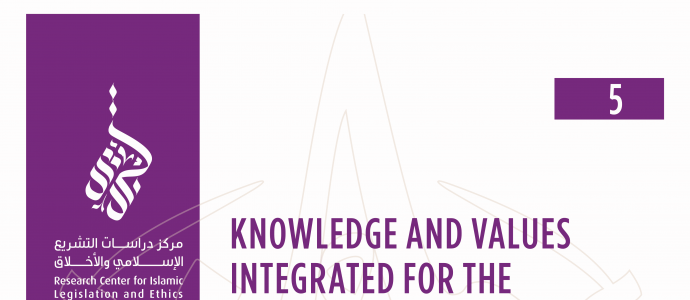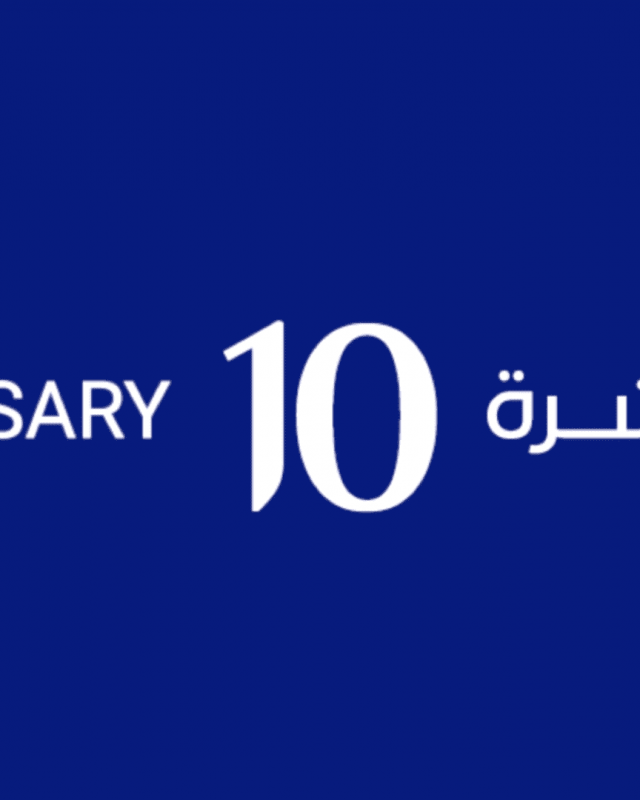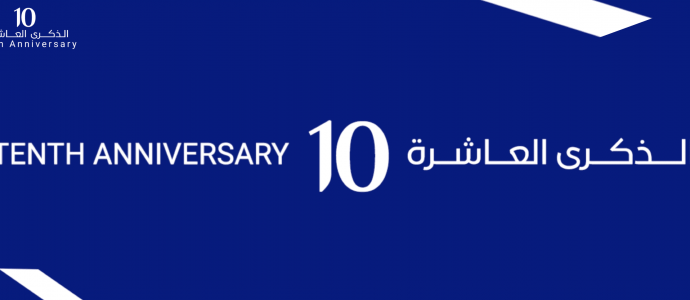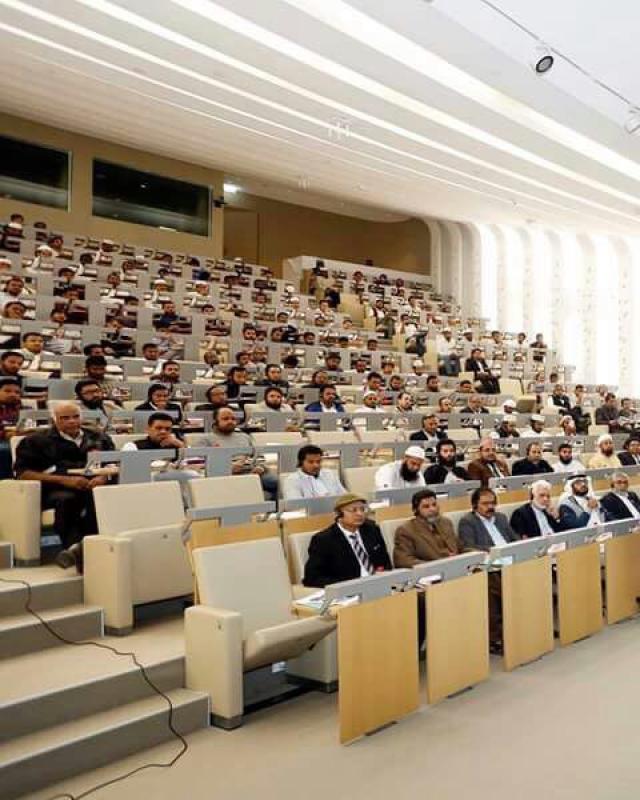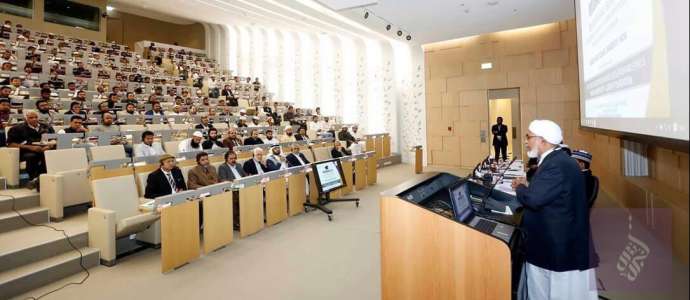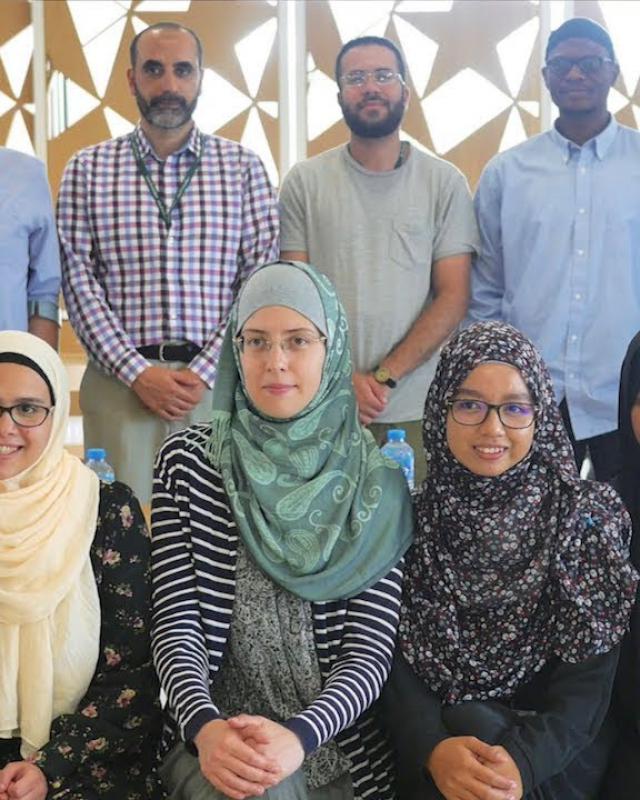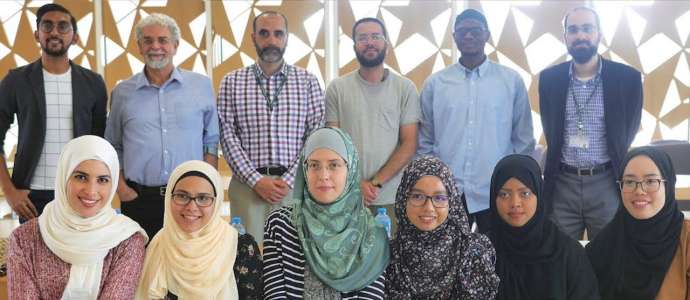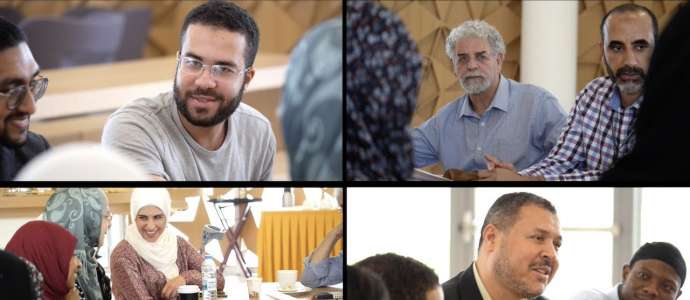
Education is a central topic for contemporary societies and their future. The contribution of Islam begins with examining the Islamic principles and objectives for educating individuals as women, men and citizens in a society. While there is some direct guidance for education in Islam’s scriptural sources (the Qur’an and the prophetic tradition), our societies are undergoing rapid cultural, economic and political transformation.
Under these circumstances, there is an urgent need to reassess the curricula, teaching methods and the relationship between schools and society. How can Muslim-majority countries and the Muslim communities in pluralistic societies benefit from contemporary educational theories to reform their current education systems and to redefine the relationship between teachers and students? And what contribution can Muslims make to contemporary debates about education, outside of the Muslim circle?
For a deeper exploration of Islamic applied ethics in education we need educationalists, teachers and even philosophers to engage in discussions with Muslim scholars of the text/Shari’a to develop together an Islamic philosophy of education. We need to commence this process now in order to attempt to answer the critical questions of our time.


